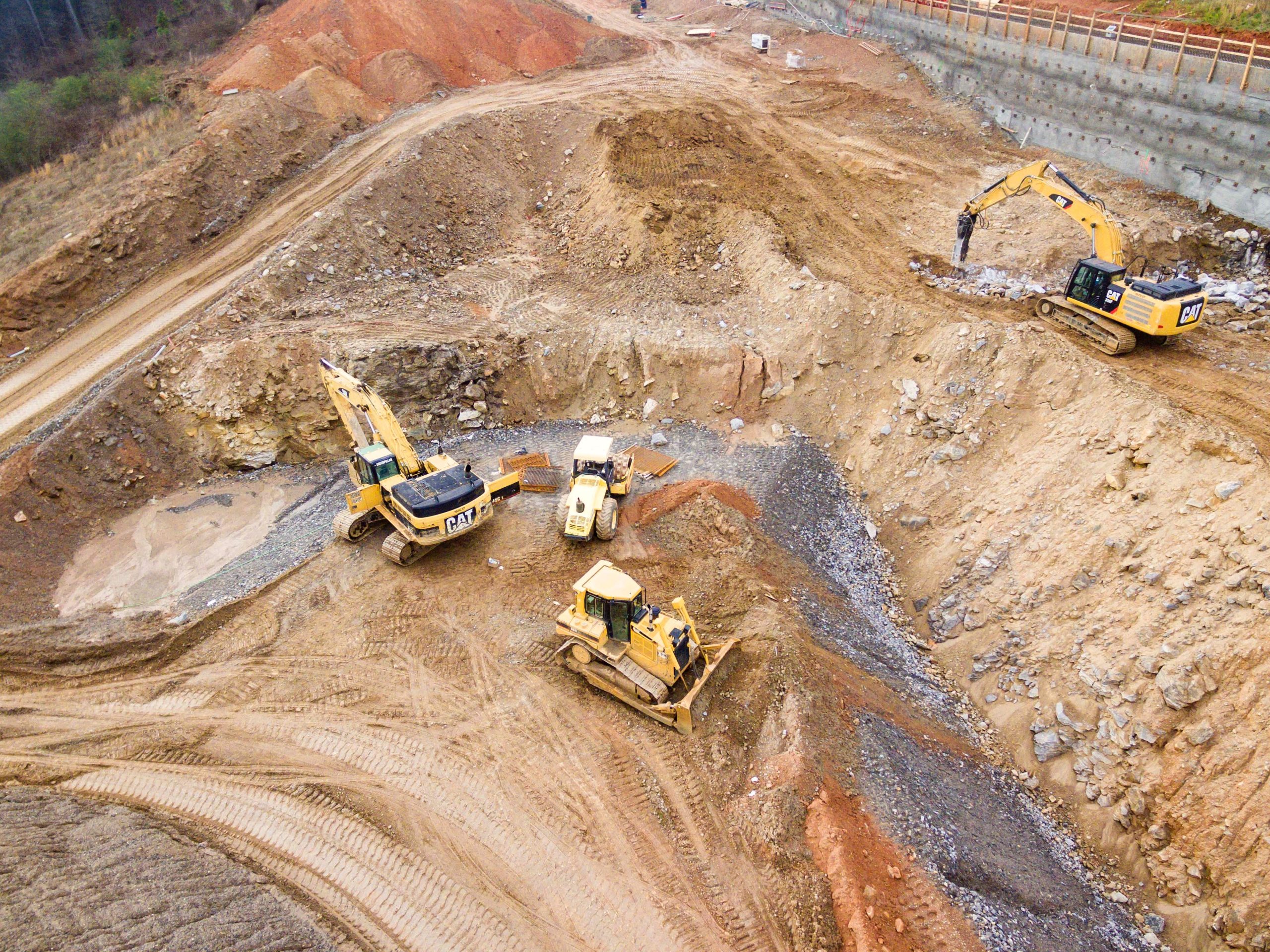FAQs on Licenses and Permits
How does one become a registered Environment Impact Assessment (EIA)/ Audit (EA) expert?
For one to be considered for registration as an EIA expert, one needs to have at least a Bachelors degree in environmental studies or a related field.
Those with degrees in related fields will be required to further undertake an EIA course from a NEMA accredited institution. With these requirements one can apply to NEMA to be considered for registration.
Where can I get information on the cost of various licences and permits?
NEMA issues various licenses and permits under the following regulations: See main menu EMCA Law and regulations
Does burning of waste qualify as waste management?
Burning of waste can only be undertaken in a NEMA licensed incinerator /facility. Hazardous and biomedical waste, for instance must be burned in an incinerator to prevent release of harmful gases to the atmosphere.
Can garbage collectors/transporters apply for a countrywide license?
Garbage collectors/transporters cannot apply for a countrywide license. This is because this function has been devolved to county governments and one is required to apply for these licenses from respective counties.
How can one access/ check status/validity of an application/license?
NEMA has an online tracking system on its website and one can log in to establish the status of their application/license. This can be done by going to the licensing portal and using a reference number one can check their application/license status.
What does NEMA do to ensure that portable piped water is not polluted?
By enforcing Water Quality Regulations, 2006, NEMA ensures that all operators and suppliers of treated water, containerized water and all water vendors comply with the relevant quality standards in order to ensure water is not polluted.
How does NEMA respond to oil spills?
NEMA cordons the site and undertakes inspections to determine the extent of spill and damage. Based on the findings of the inspection, the Authority orders the polluter to clean and restore the site to its original status and pay for any damages caused to the environment. Failure to do this, the polluter is liable for prosecution.
What will happen to the projects/ facilities that came into being before EMCA 1999?
Projects and facilities that came into being before EMCA 1999 are required to undertake initial environmental audits. Thereafter they are required to undertake annual environmental audits and submit to the Authority. This will ensure that projects and facilities comply with all environmental regulations thereby minimize any negative effects on the environment.
Are environmental crimes liable to prosecution?
Violators of any environmental regulation(s) are liable to prosecution, which may result in being fined and or imprisoned depending on the violation.
Which projects require an EIA to be done?
All projects that may have significant impact to the environment are required to undertake EIA. Such projects include residential, road and water projects, mixed use developments, businesses that handle, supply and sell petroleum products, installation of incinerators, agricultural activities, tourism and recreational facilities, mining among others.
For more details reference may be made to the second schedule of the Environmental Management Coordination Act 1999.
How is NEMA regulating waste disposal sites?
NEMA requires safe disposal of waste in legally designated dumpsites which are under the management of county governments. County governments will be required to identify land, conduct EIAs which have to be approved by NEMA. Waste transfer stations will be set up to segregate waste for either recycling or safe disposal. In case of breach, the Authority will issue to county governments stop orders or improvement notices. County governments will be required to rectify the situation or appropriate legal action will be taken against them. The Authority is working with county governments to move from dumpsites to the establishment of sanitary landfills.
Does Kenya have standards for regulating equipment/products that deplete the ozone layer?
Yes, NEMA developed the Environmental Management and Co-ordination (Controlled Substances) Regulations, 2007 to regulate the use of ozone depleting substances by setting standards. The Authority in collaboration with the Kenya Revenue Authority’s Customs department and Kenya Bureau of Standards are working to ensure that controlled substances are subject to standards set by the regulation on matters such as manufacturing, importation, exportation, packaging, labeling, storage, transportation and disposal.
Does NEMA have an approved list of EIA/EA training institutions?
Yes , NEMA has a list of Environmental Impact Assessment (EIA)/ Environmental Audit (EA) Training institutions Click here to see the NEMA approved list.



